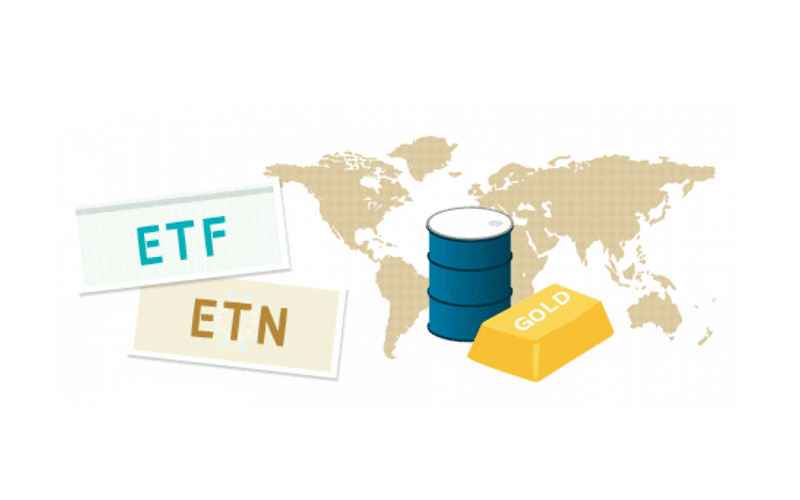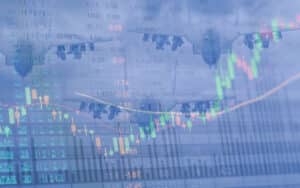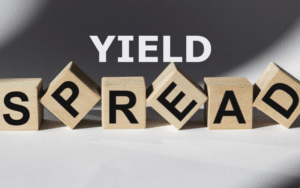Commodities are marketable items that are produced to satisfy wants or needs. They comprise of goods and services and have full or partial exchangeability. This means that the market treats its instances as equivalent or nearly so without regarding its producers. In the commodities market, ETF’s and ETNs are a relatively new product that will allow you to mitigate risk associated with other trading instruments such as futures, directly from your stock brokerage firm.
What are Commodity ETFs And ETNs?

Before we define what commodity ETFs and ETNs are, we must first take a look at the differences between an ETF and an ETN. Even though these instruments are quite similar in function, the main difference lies in the nature of the instrument. An Exchange Traded Fund or ETF is like a fund that holds the assets it tracks. The ETN or Exchange Traded Note is more like a bond. It’s an unsecured debt note which is issued by an institution.
A Commodity ETF allows anyone to invest in futures contracts that track the price of a commodity. These funds can invest in a number of commodity markets spanning across the energy, metal, and agricultural sectors. They are occasionally used as a hedge against inflation or used for speculation. They can also be effectively used in a portfolio as a means to reduce risk through diversification between asset groups.
Commodity ETFs can be focused on any particular commodity sector, such as agriculture or energy, or on a single commodity such as soybeans, gold, or oil. There are many commodity ETFs that track the performance of a commodity index which consists of dozens of individual commodities through a combination of derivatives positions and physical storage.
What Are Commodity Futures?
Commodity futures refer to an instrument consisting of an agreement to buy or sell a raw material at a specific date in the future, at a pre-set price. If the price of the underlying commodity appreciates, the buyer of the futures contract earns money. This is because he/she gets the product at a much lesser price and can subsequently sell it at a higher market price. However, if the price goes down, the futures seller earns money. Thus, the contract is always for a set amount and also sets the price. Some contracts even allow a cash settlement in place of delivery.
Differences between Commodity ETFs and Commodity Futures
| Points of Difference | Commodity ETFs | Commodity Futures |
| Pricing | The value of an ETF depends upon a collection of assets. Its returns may be limited under the influence of external factors such as waning interest in the product or corporate earnings. | The value of a futures contract is directly related to the underlying asset. |
| Leveraged | Margin trading for ETFs is a standard 50% | Required margins for futures are set by each exchange and typically range from 5% to 15%. |
| Rollover | Commodity ETFs do not have any expiration date and thus no rollover period exists. | Futures contracts have a definite expiration which can cause pricing volatility to spike. |
| Commissions | Commodity ETFs, just like stocks, are subject to brokerage commissions. | Commodity futures have all-in round turn pricing, which varies between brokers. |
| Management Fees | Commodity ETFs have an annual expense ratio of 0.44% | Commodity futures traders do not have to pay any fees unless they participate in a managed futures program |
Advantages of Commodity ETFs Over Futures
- Commodity ETFs provide greater diversity to your portfolio especially when sentiment is too heavily long for a particular market.
- Investors who make it their aim to participate in commodity markets such as crude oil. Soybeans or natural gas can easily do so with the help of a commodity ETF or ETN. It provides more diversification, without the volatility and risk associated with a futures contract leverage.
- As global climates are exhibiting more and more extremes, it’s no secret that the world’s resources are being used up by industrial growth and overpopulation. In markets such as natural gas, oil, soybean, and coffee, commodity ETFs can help get your investment portfolio on the right side of price trends.
- Commodity ETFs can also provide investors with profits from betting on the falling price of a commodity. These are known as inverse ETFs which are designed to benefit from the price decline in a certain commodity, index, or sector.
Disadvantages of Commodity ETFs compared to Futures
- Commodity Futures provide more opportunities to capitalize on short-term commodity price fluctuations. On the other hand, ETFs and ETNs are not that short-term, requiring you to establish a more medium to long-term outlook.
- Even though the degree of risks involved with trading commodity futures is pretty high, they offer considerably larger returns as well when various strategies are applied.
- Some commodity futures allow trading 24 hours a day, which is not applicable for ETFs or ETNs. Thus, when trading commodity futures, you have the advantage of establishing or relinquishing a position when fundamentals change, even if it’s in the middle of the night.
Best Commodity ETF to invest in for Q4 2020
- Aberdeen Standard Physical Silver Shares ETF(SIVR): The SIVR is similar to many silver ETF, structured as a grantor trust. This gives investors the right to a particular quantity of silver. Instead of using a strategy based on futures contracts, this ETF uses a physically-backed strategy to eliminate issues arising from the ownership of futures contracts. It has a one-year trailing total return of 52.6%
- Aberdeen Standard Physical Palladium Shares ETF(PALL): PALL is also a grantor trust which provides investors with access to palladium bullion. The PALL is closely dependent on palladium’s price swing, which in turn depends on the cyclical global automobile industry. It has a one-year trailing total return of 48.2%
- iShares Silver Trust (SLV): SLV is a grantor trust holding silver bullion. It also has a physically-backed approach, enabling investors to bypass complications of futures contracts and its risks. It has a total one-year trailing return of 52.4%.
Final Thoughts
Both futures and ETFs have different advantages when it comes to commodities. While ETFs provide retail traders with easy market access, futures contracts offer market liquidity, extensive leverage, and enhanced volatility which some might prefer.



